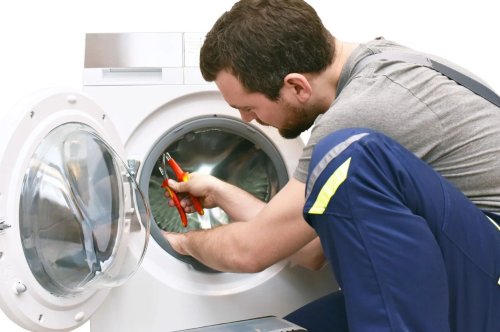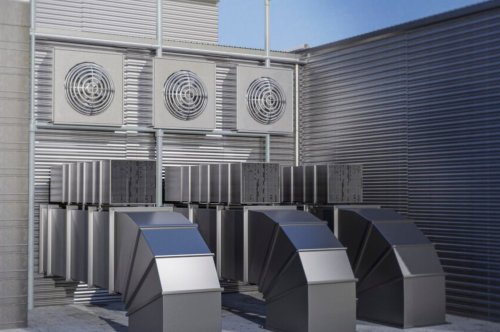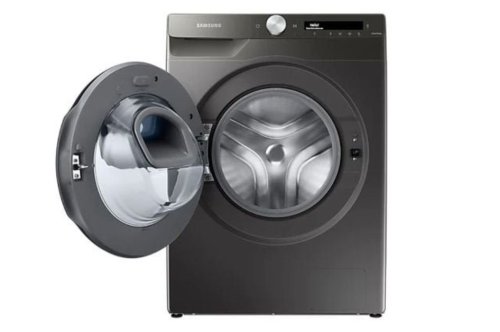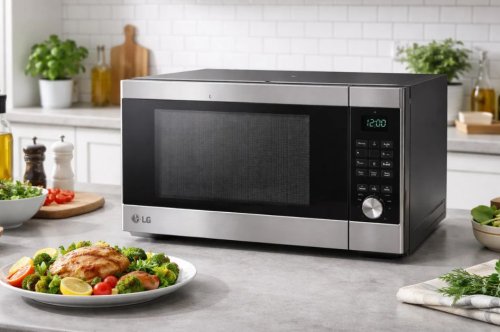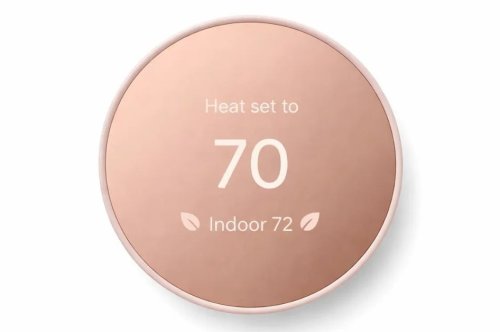How to Choose the Right Size Carrier Fan Coil Unit for Your Space
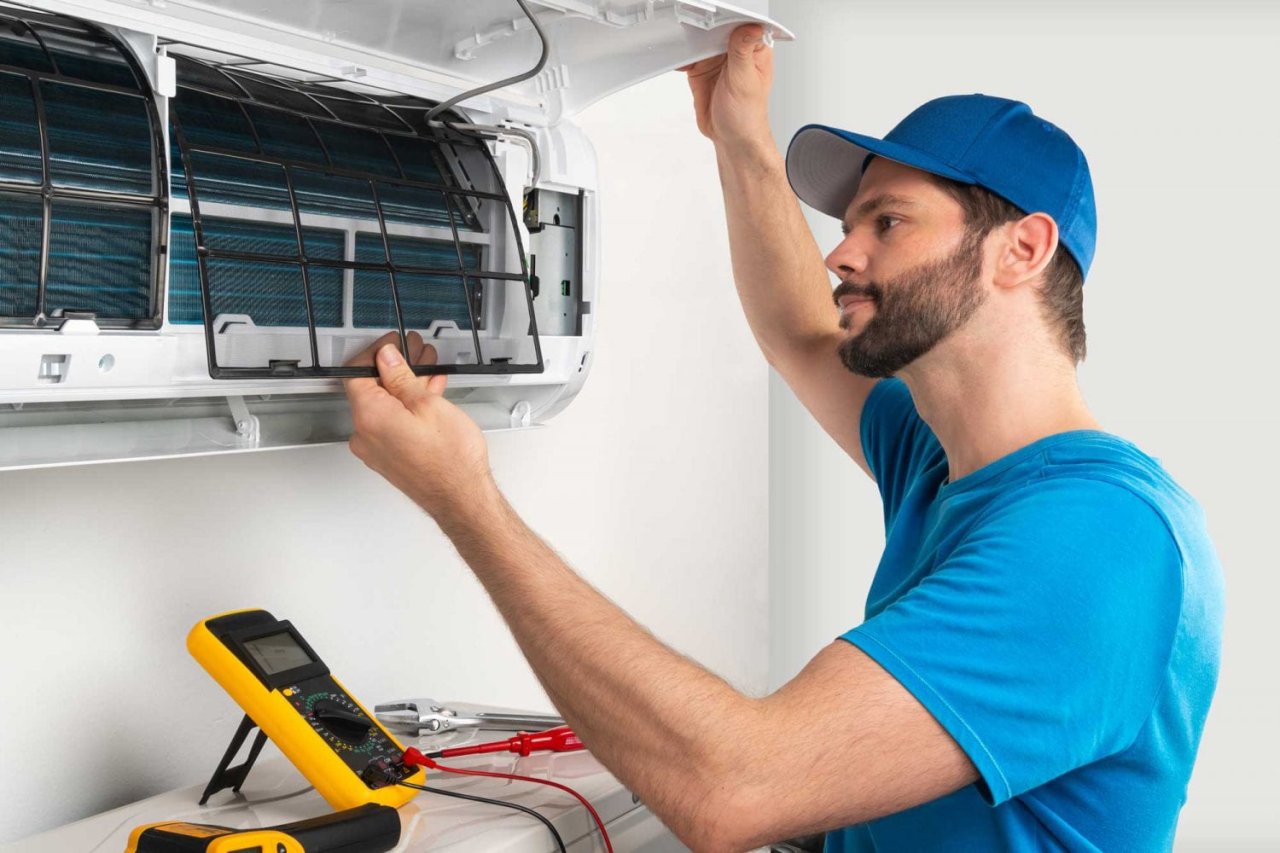
Selecting the appropriate size Carrier Fan Coil Unit (FCU) for your space is pivotal to ensure optimal comfort, efficiency, and longevity of your heating, ventilation, and air conditioning (HVAC) system· An undersized unit struggles to maintain the desired temperature, leading to discomfort and excessive wear, while an oversized unit cycles on and off too frequently, increasing energy consumption and stressing system components· This blog walks you through the essential steps and considerations for choosing the right size Carrier (FCU) Fan Coil Unit for your space, ensuring you achieve a balance between performance and energy efficiency·
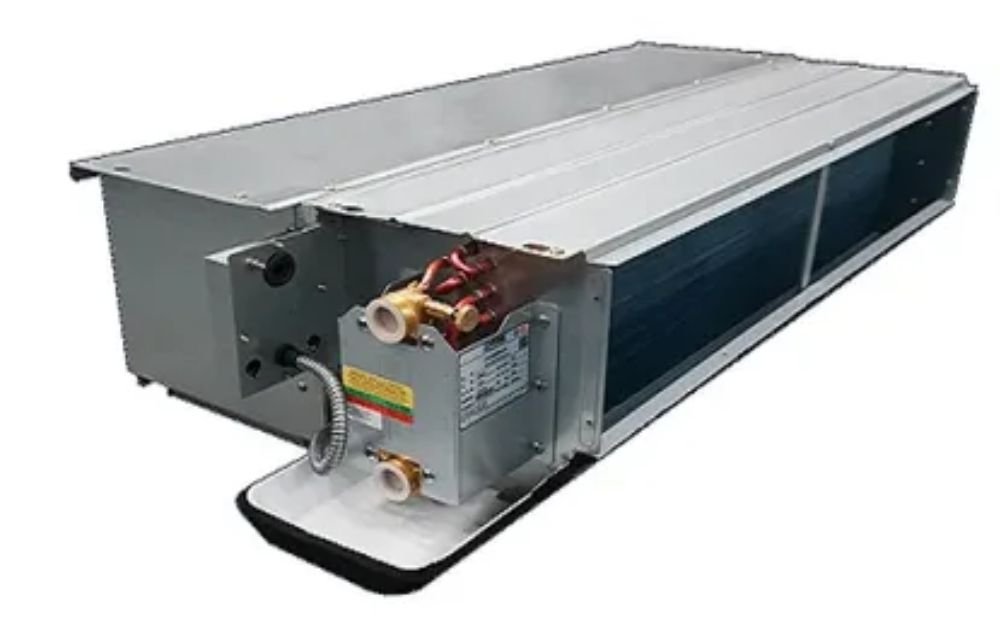
Understand the Basics of Fan Coil Units
Before delving into the sizing process, it's important to grasp what a Carrier (FCU) Fan Coil Unit does· Essentially, an FCU is a simple device consisting of a fan and a coil (used for heating or cooling) that is part of an HVAC system· It works by blowing air over the coil to either heat or cool the space depending on the fluid being circulated through the coil· Carrier (FCU) Fan Coil Units are known for their reliability, efficiency, and versatility in various residential and commercial settings·
Evaluate Your Space
The first step in choosing the right size FCU is to assess the space it will serve· Consider factors such as square footage, ceiling height, window sizes and orientations, insulation quality, and occupancy· Larger areas, higher ceilings, and poor insulation require units with more capacity· Additionally, spaces with high occupancy or significant appliance use may need larger units due to the extra heat generated·
Calculate the Cooling and Heating Load
Calculating the cooling and heating load of your space is crucial for selecting the correct size FCU· This involves detailed calculations that consider the factors mentioned above, as well as geographical location, exterior wall construction, and more· Many professionals use the Manual J calculation method, developed by the Air Conditioning Contractors of America (ACCA), to determine the precise load requirements· While it's possible to make a rough estimate using online calculators, consulting with an HVAC professional for a detailed analysis is recommended for the best results·
Understand Fan Coil Unit Specifications
When selecting a Carrier (FCU) Fan Coil Unit, understanding its specifications is essential· The key specs include:
BTU Rating (British Thermal Units): This measures the unit's capacity to cool or heat· A higher BTU rating means the unit can cover a larger area·
CFM (Cubic Feet per Minute): This indicates how much air the fan can move· The CFM needs to match your space's requirement for air changes per hour to ensure efficient operation·
Energy Efficiency: Look for units with high energy efficiency ratings to reduce operating costs and environmental impact·
Consider Future Needs
Think about not just your current, but also future space utilization· If you plan to extend your space, add more occupants, or increase electronic equipment, opting for a slightly larger unit might be prudent· However, avoid significantly oversizing, as this can lead to short cycling, where the unit turns on and off too quickly, impairing efficiency and comfort·
Consult with Professionals
Perhaps the most critical step in choosing the right size Carrier (FCU) Fan Coil Unit for your space is to consult with HVAC professionals· They can perform detailed load calculations, consider all variables, and recommend the most suitable unit size for your specific needs· Professional insight ensures that you invest in a unit that delivers optimal performance, energy efficiency, and comfort·
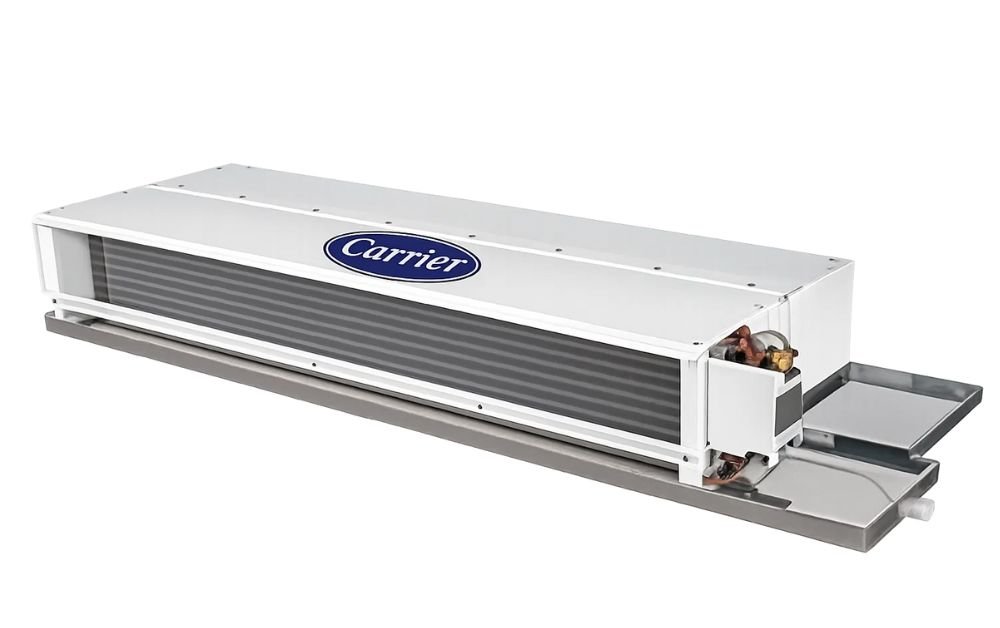
Conclusion
Selecting the right size Carrier (FCU) Fan Coil Unit for your space is a nuanced process that requires a thorough understanding of your space's needs, detailed load calculations, and a grasp of FCU specifications· By carefully evaluating your space, consulting with professionals, and considering future needs, you can ensure that your investment in an HVAC system pays off in terms of comfort, efficiency, and system longevity· Remember, the goal is to achieve a balance that brings the most benefits to your specific situation·

